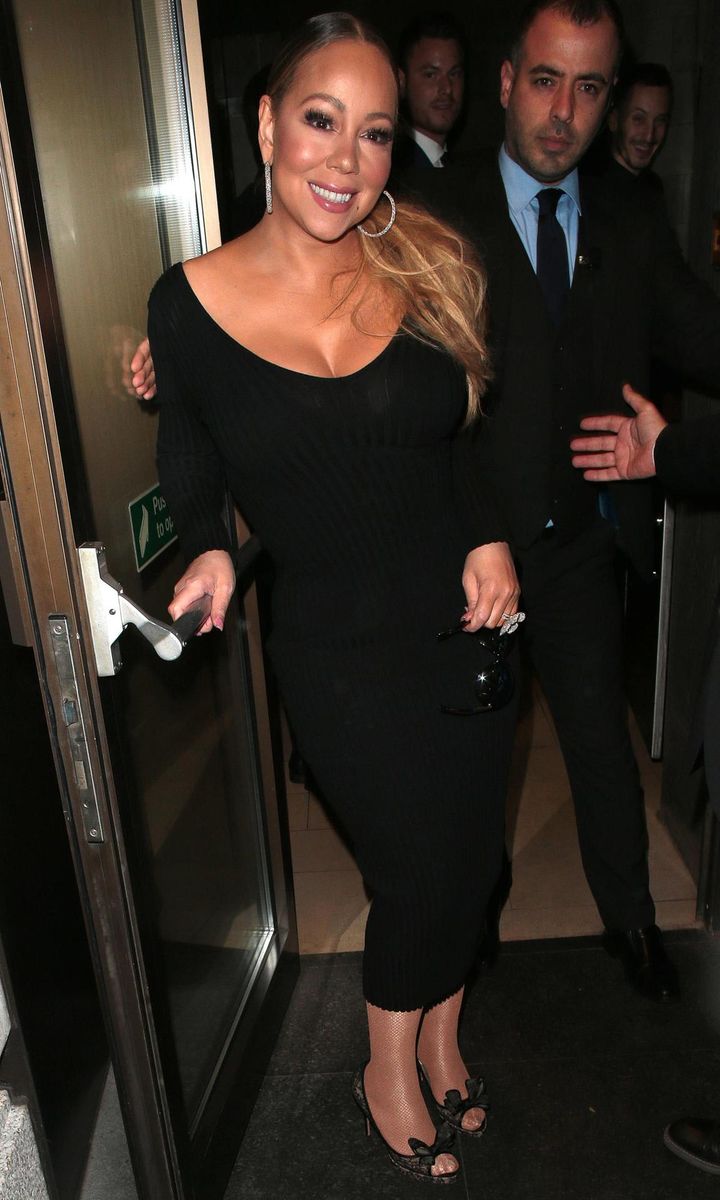Mariah Carey is many things: she is a superstar diva, a mother, a friend and an icon who has always fought for what she felt she needed to feel fulfilled in her career. In an interview with Variety, the Dreamlover singer says that for a fair amount of men always making the decisions in her career — down to the very core elements of her songs, which affected her music. Mariah revealed some details (being coy enough to leave the big bits for her upcoming book) of when she finally decided to tap into her bi-racial heritage to really create the music that made her truly happy.
The In The Mix singer (the team song for ABC’s Mixed-ish) shared “When I was growing up, for me, it was very much: “You’re one or the other. Which are you?” And it’s very wrong to do that to a kid. And that message is a message that many racist people start feeding their children when they’re babies, so the hate gets handed down. And it’s a real thing.” Mariah continued, And in my situation, I’ve always felt so alienated. Even in “Vision of Love,” it says ‘suffered from alienation.’ That’s my first song I ever put out. That means I felt like an outsider. I felt like people didn’t get it and it was hard.”
The Always Be My Baby singer stated that her true musical turning point was her Butterfly album. She was able to work with Dave “Jam” Hall, a very well respected respected figure within the hip-hop community and pump out jams like Fantasy and Dreamlover. She revealed “Now, everybody’s just like, ‘Yeah so-and-so did a collaboration with me.” Back then it was like, “No, you better do a version that doesn’t include the rapper.” And the label never got it. They were always, like, “Why do you want to work with these artists?” As a biracial person, like don’t cut me off culturally from where I’m trying to find this place that I feel fulfilled as an artist.
,type=downsize)
